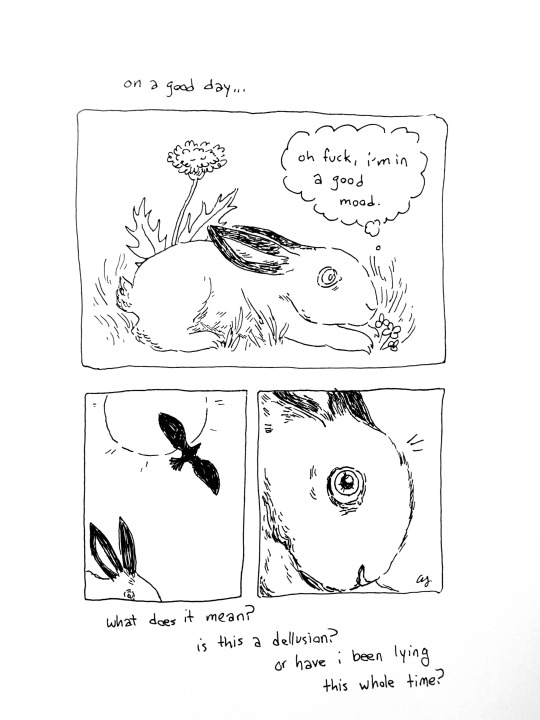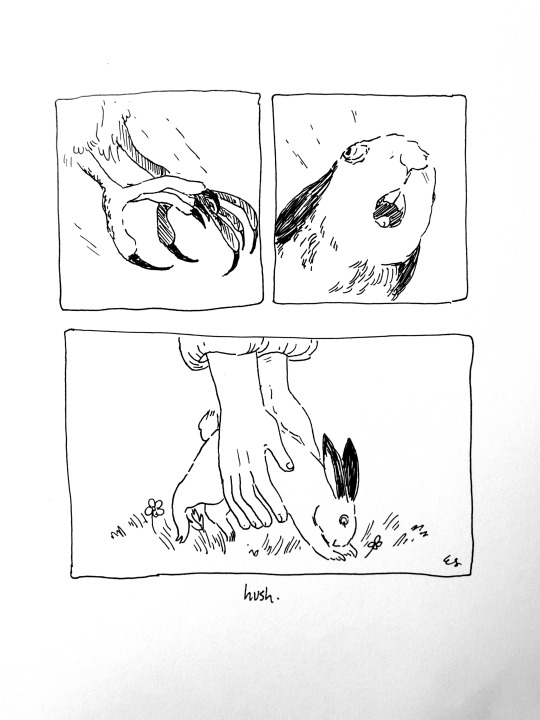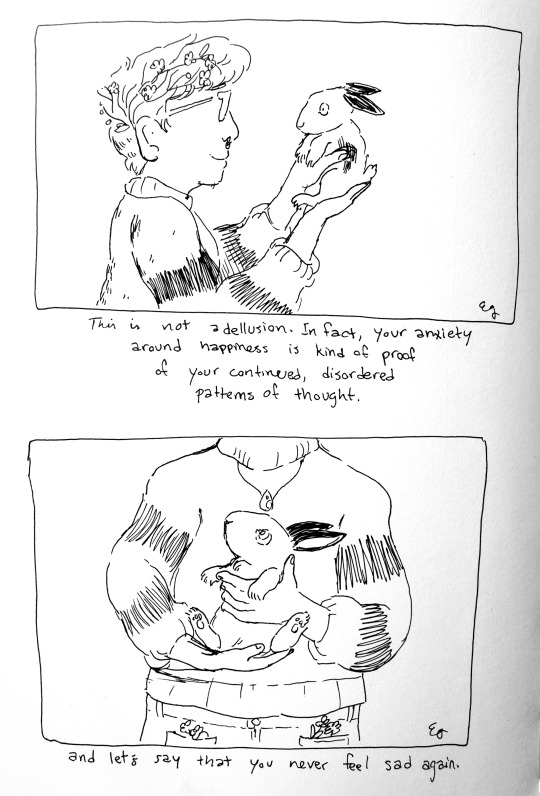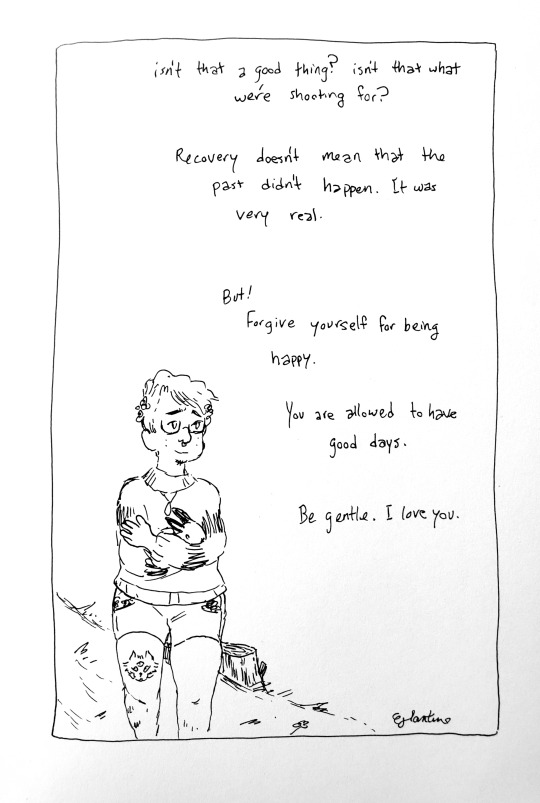Photo

Intelligencer Journal, Lancaster, Pennsylvania, August 1, 1917
745 notes
·
View notes
Photo

Photo by Ernest Brillo on Unsplash
56K notes
·
View notes
Photo


US Helplines:
Depression Hotline: 1-630-482-9696
Suicide Hotline: 1-800-784-8433
LifeLine: 1-800-273-8255
Trevor Project: 1-866-488-7386
Sexuality Support: 1-800-246-7743
Eating Disorders Hotline: 1-847-831-3438
Rape and Sexual Assault: 1-800-656-4673
Grief Support: 1-650-321-5272
Runaway: 1-800-843-5200, 1-800-843-5678, 1-800-621-4000
Exhale: After Abortion Hotline/Pro-Voice: 1-866-4394253
Child Abuse: 1-800-422-4453
UK Helplines:
Samaritans (for any problem): 08457909090 e-mail [email protected]
Childline (for anyone under 18 with any problem): 08001111
Mind infoline (mental health information): 0300 123 3393 e-mail: [email protected]
Mind legal advice (for people who need mental-health related legal advice): 0300 466 6463 [email protected]
b-eat eating disorder support: 0845 634 14 14 (only open Mon-Fri 10.30am-8.30pm and Saturday 1pm-4.30pm) e-mail: [email protected]
b-eat youthline (for under 25’s with eating disorders): 08456347650 (open Mon-Fri 4.30pm - 8.30pm, Saturday 1pm-4.30pm)
Cruse Bereavement Care: 08444779400 e-mail: [email protected]
Frank (information and advice on drugs): 0800776600
Drinkline: 0800 9178282
Rape Crisis England & Wales: 0808 802 9999 1(open 2 - 2.30pm 7 - 9.30pm) e-mail [email protected]
Rape Crisis Scotland: 08088 01 03 02 every day, 6pm to midnight
India Self Harm Hotline: 00 08001006614
India Suicide Helpline: 022-27546669
Kids Help Phone (Canada): 1-800-668-6868
FREE 24/7 suicide hotlines:
Argentina: 54-0223-493-0430
Australia: 13-11-14
Austria: 01-713-3374
Barbados: 429-9999
Belgium: 106
Botswana: 391-1270
Brazil: 21-233-9191
China: 852-2382-0000
(Hong Kong: 2389-2222)
Costa Rica: 606-253-5439
Croatia: 01-4833-888
Cyprus: 357-77-77-72-67
Czech Republic: 222-580-697, 476-701-908
Denmark: 70-201-201
Egypt: 762-1602
Estonia: 6-558-088
Finland: 040-5032199
France: 01-45-39-4000
Germany: 0800-181-0721
Greece: 1018
Guatemala: 502-234-1239
Holland: 0900-0767
Honduras: 504-237-3623
Hungary: 06-80-820-111
Iceland: 44-0-8457-90-90-90
Israel: 09-8892333
Italy: 06-705-4444
Japan: 3-5286-9090
Latvia: 6722-2922, 2772-2292
Malaysia: 03-756-8144
(Singapore: 1-800-221-4444)
Mexico: 525-510-2550
Netherlands: 0900-0767
New Zealand: 4-473-9739
New Guinea: 675-326-0011
Nicaragua: 505-268-6171
Norway: 47-815-33-300
Philippines: 02-896-9191
Poland: 52-70-000
Portugal: 239-72-10-10
Russia: 8-20-222-82-10
Spain: 91-459-00-50
South Africa: 0861-322-322
South Korea: 2-715-8600
Sweden: 031-711-2400
Switzerland: 143
Taiwan: 0800-788-995
Thailand: 02-249-9977
Trinidad and Tobago: 868-645-2800
Ukraine: 0487-327715
(Source)
1M notes
·
View notes
Text

“I don’t need no help. I don’t need no one else.”
539 notes
·
View notes
Text
Whenever someone judges me on my behaviours caused by my mental illness

3K notes
·
View notes
Text
What’s the difference between negative and intrusive thoughts?
Examples of negative thoughts:
They are ignoring me because they are mad at me.
I should have gone to the gym today.
I am not going to get this job. I just know I’m going to mess up and be too nervous.
They have everything going for them, what do I have?
If only I would have…, this wouldn’t have happened. It’s my fault.
Examples of intrusive thoughts:
I could just put that knife through my hand.
If I walk into that room I could see a dead body.
Do I really love my partner?
I should put my hand on the hot stove.
If I leave the taps on it could cause a flood.
Could I have or contract a deadly disease?
What if I’m actually gay/straight?
What if I hurt or have hurt another person without knowing?
As you can see from the examples above, intrusive thoughts are often questions, as if to deliberately provoke rumination and obsessing (in which the initial question is never truly answered). Intrusive thoughts can come about randomly, are graphic/disturbing in nature, and have no connection to the person’s usual behaviour or even the situation at hand. They are difficult to ignore because they either imply a catastrophic consequence or give the person an increasing sense of discomfort. Intrusive thoughts can also come in the form of false memories in which it’s difficult to tell if it’s an intrusive thought or a memory.
Anyone can have intrusive thoughts from time to time. However when the thoughts are more frequent and/or distressing it often indicates mental illness. Conditions that have intrusive thoughts as symptoms include: OCD, social/general anxiety disorder, depression, eating disorders, ADHD, personality disorders, PTSD, bipolar disorder, brain injuries, dementia, Parkinson’s disease.
Negative thoughts are more likely to be an emotional response to an event, relationship, or situation and are the result of a person’s low self esteem or past trauma.
Sometimes negative thoughts can lead to or come after intrusive thoughts; e.g believing you’re being ignored and then having intrusive thoughts questioning/listing odd reasons why the other person is doing so, or having a specific intrusive thought about a loved one and believing yourself to be an awful person.
With negative thoughts treatment usually consists of re-framing them, and seeing the situation from a different, more positive perspective in order to adjust your thinking patterns and behaviour in the future. “If they’re ignoring me, that’s their problem. While I don’t understand why I won’t hold it against them. They might be busy, as people often are.”
With intrusive thoughts treatment can focus on the person allowing the thoughts to pass through the mind, reminding themselves that the thoughts are involuntary, and to not fear these thoughts or react emotionally to them (cognitive diffusion). Often a way to do this is through exposure, in which the person builds up to confronting their intrusive thoughts/object of fear and sitting with the uncomfortable feeling until it no longer bothers them and being able to do daily activities despite the anxiety.
9K notes
·
View notes
Text
Thing we don't talk about: how OCD can get really mad at people when they get in the way of a ritual. Even if we aren't mad at them, OCD acts out like another person inside us. It makes it hard to maintain relationships when half the time you're not controlling your actions.
39 notes
·
View notes
Photo

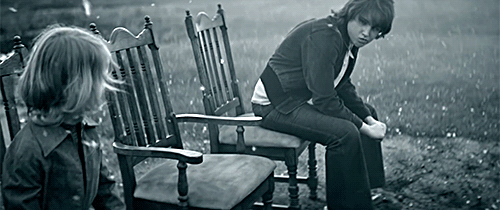




After it all you’ll find out
You were always one of us
169 notes
·
View notes






